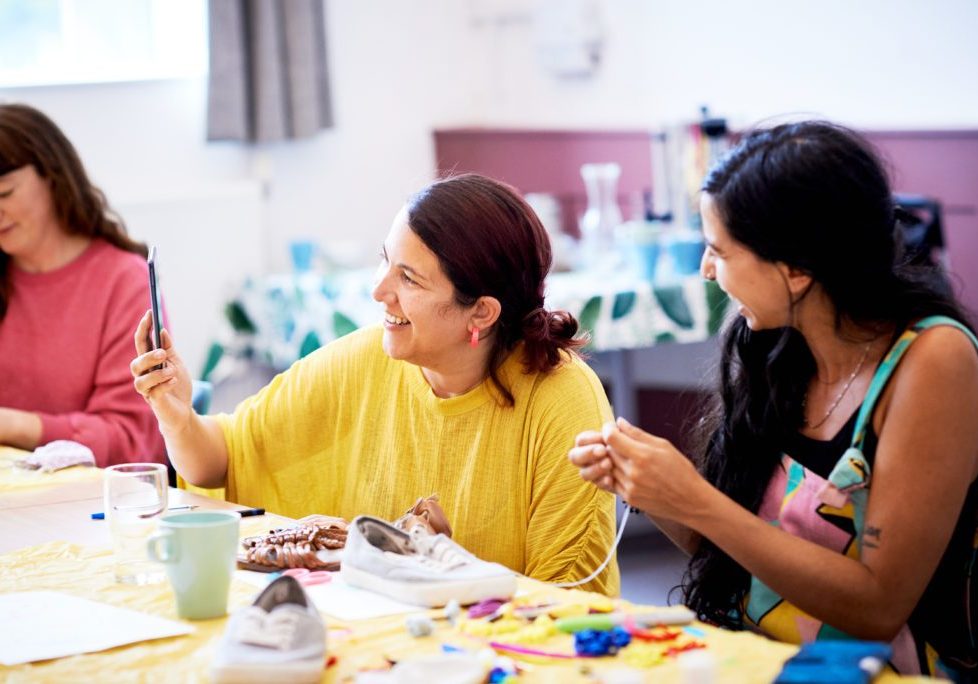
Online abuse
Online abuse is abuse that happens through the internet via phones, computers, and tablets.
There are different types of online abuse, such as:
- Cyberbullying: a type of bullying that happens online.
- Cyberstalking: persistent unwanted contact from another person online.
- Emotional abuse: emotional mistreatment online.
- Grooming: children can be groomed online. This is when someone builds a relationship with a child in order to sexually abuse, exploit or traffic them.
- Sexting: where someone sends a sexually explicit photo or video of themselves or others, or sends sexual messages. If a child or young person if pressured or forced into creating or sending one or all of these things, that counts as abuse.
- Sexual abuse: a child or young person may be tricked into or forced to make, view or share child abuse photos or videos or participate in sexual activities on chats online.
- Sexual exploitation: a type of sexual abuse where a child or young person may be coerced into creating and sharing sexually explicit content or having sexual chats online.
- Domestic online abuse: when someone stalks, harasses, threatens or controls their partner or ex-partner online.
- Image-based abuse: when an intimate image or video is shared without this consent of the person in that image or video, e.g. revenge porn.
These things can happen in many different places online, such as through social media, texts, emails, online chats, online gaming or live-streaming sites.
Support
The best place to go for information on how to have fun online whilst staying safe go to https://www.thinkuknow.co.uk/.
The latest from our news and blogs

Making Waves: building confidence and connection on the water
Earlier this year, we partnered with All-Aboard Watersports – a charity that helps people access watersports in the heart of Bristol Harbour. Together, we ran a weekly group for eight survivors currently waiting for support with SARSAS.












